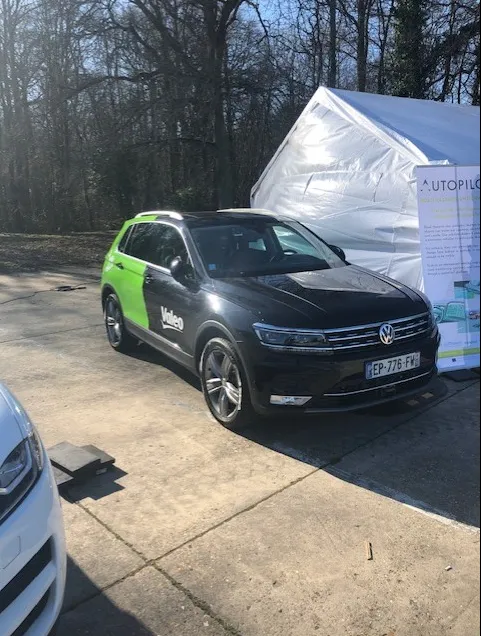The European vehicle safety system eCall has taken another step forward with the launch in Spain of the second phase of HeERO (Harmonised eCall European Pilot). HeERO is an international project, supported by the European Union, which aims to help EU member states to prepare pilot sites for the deployment of eCall in 2015. HeERO, which started in 2011 and will conclude in 2014, aims to prepare pilot sites in many EU member states for the deployment of the eCall system in 2015. In January 2011, the nine Euro
January 15, 2013
Read time: 2 mins
The European vehicle safety system eCall has taken another step forward with the launch in Spain of the second phase of HeERO (7093 Harmonised eCall European Pilot). HeERO is an international project, supported by the 1816 European Union, which aims to help EU member states to prepare pilot sites for the deployment of eCall in 2015.
HeERO, which started in 2011 and will conclude in 2014, aims to prepare pilot sites in many EU member states for the deployment of the eCall system in 2015.
In January 2011, the nine European countries forming the HeERO consortium embarked a three-year programme (HeERO 1) leading to the piloting and deployment of eCall.
The nine countries forming the consortium, Croatia, the Czech Republic, Finland, Germany, Greece, Italy, the Netherlands, Romania and Sweden, were joined on 1 January 2013 by six new countries, namely Belgium, Bulgaria, Denmark, Luxembourg, Spain and Turkey, for the second phase of the project, HeERO 2.
eCall is a new road safety service based on the common European Emergency number 112. Using 112, the eCall system automatically calls emergency services if a vehicle is involved in an accident – even if the driver is unconscious or unable to respond. At the emergency call centre, the rescue services will be able to see the location of the accident and will also receive information on the kind of vehicle involved, enabling them to immediately dispatch the right rescue response.
The project has generated such a high level of interest that a further four associated partner countries will participate at their own cost with another five countries hoping to join in the first quarter of 2013.
“This exciting project will bring this ground-breaking technology to life. The next steps will see the engagement of 19 pilot sites working together to ready those countries for eCall”, explains project coordinator Andy Rooke,374 Ertico – ITS Europe.
HeERO, which started in 2011 and will conclude in 2014, aims to prepare pilot sites in many EU member states for the deployment of the eCall system in 2015.
In January 2011, the nine European countries forming the HeERO consortium embarked a three-year programme (HeERO 1) leading to the piloting and deployment of eCall.
The nine countries forming the consortium, Croatia, the Czech Republic, Finland, Germany, Greece, Italy, the Netherlands, Romania and Sweden, were joined on 1 January 2013 by six new countries, namely Belgium, Bulgaria, Denmark, Luxembourg, Spain and Turkey, for the second phase of the project, HeERO 2.
eCall is a new road safety service based on the common European Emergency number 112. Using 112, the eCall system automatically calls emergency services if a vehicle is involved in an accident – even if the driver is unconscious or unable to respond. At the emergency call centre, the rescue services will be able to see the location of the accident and will also receive information on the kind of vehicle involved, enabling them to immediately dispatch the right rescue response.
The project has generated such a high level of interest that a further four associated partner countries will participate at their own cost with another five countries hoping to join in the first quarter of 2013.
“This exciting project will bring this ground-breaking technology to life. The next steps will see the engagement of 19 pilot sites working together to ready those countries for eCall”, explains project coordinator Andy Rooke,







